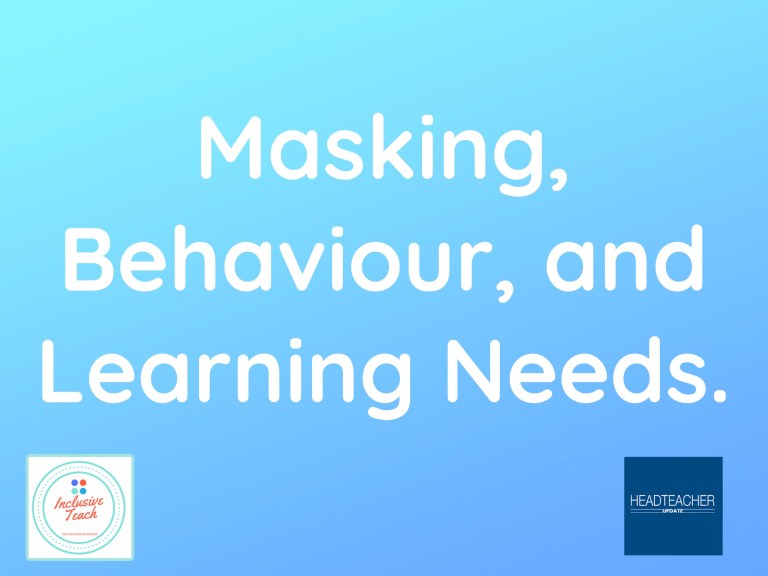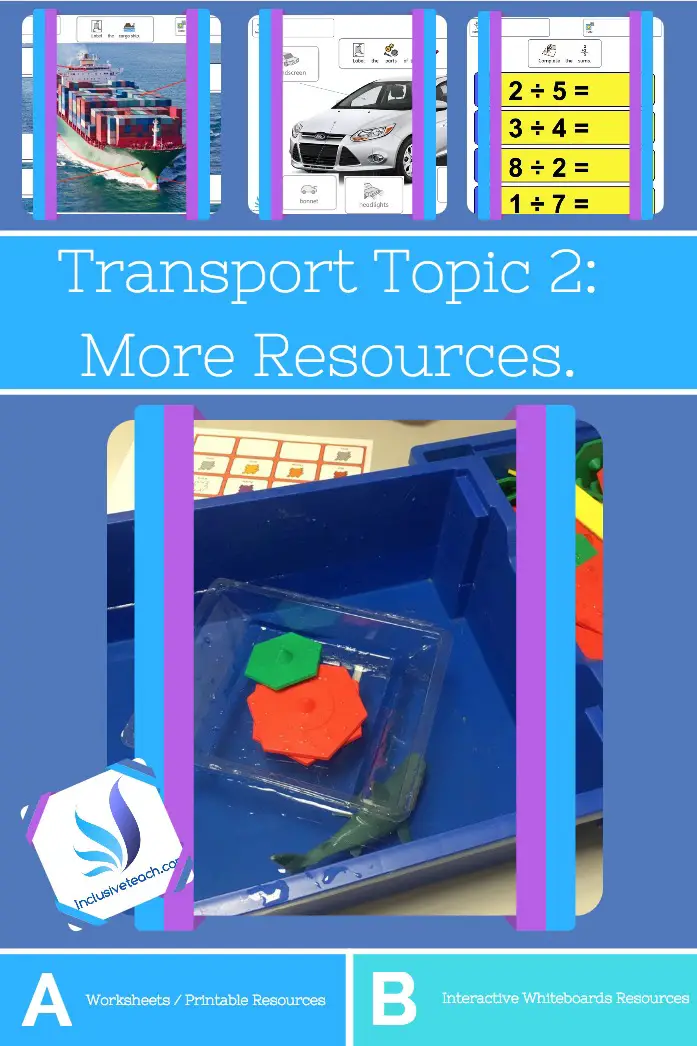Top Tips for an ECT Working With SEN Pupils
ECTs and Special Needs
It is that time of year when ECT’s and trainee teachers are finishing their placements and looking for a school to begin their teaching career in. I hope some of you consider moving into the SEN sector. It is a great opportunity to build so many essential skills. It is also a great way to get to know the child behind the label, behind the stereotypes and textbook generalisations.
Don’t get me wrong it will be challenging in ways you couldn’t dream of, but I guarantee you will develop a lifelong passion to work with the children who need your expertise, advocacy and commitment the most.
Moving From Teacher Training to being an ECT
ITT providers seem to be getting better and better at including SEN in courses. Time pressures in a 10-month PGCE means you can never hope to experience everything. My sole exposure to SEN was being told not to write in green as it can be hard to read. Fortunate awareness has moved on a lot since then.
Even if you decide not to apply for a job in an alternative or SEN provision I urge you to arrange a day at your local special school. The insight you gain into adaptations and different approaches to learning and engagement will be invaluable (These books provide valuable insights into special education and challenging behaviour). As an ECT your passion and energy are vital to the education of our young people.

In any mainstream school, 15%-20% of your class will probably have a diagnosed special educational need. There will be many children with undiagnosed needs who will require your time, patience and effort. As the saying goes “We are all teachers of SEN”.
27 Top Tips for ECTs Working With SEN Pupils
- A student’s communication system is their voice so replace lost PECS symbols immediately.
- Always allow processing time.
- It is good to start with a familiar task to boost confidence before setting a challenging task or activity.
- You will not always be able to find the solution – there is no shame in asking for help or advice.
- All children know when you like them and respond accordingly.
- Don’t confuse the behaviour with the child.
- Knowing the root of any behaviour is more important than knowing the trigger.
- Children with 1:1 support staff still require your time and interactions. Talk to them not about them.
- Perfect work holds little value if too much support is given.
- Completing work is not as important as understanding why it is being done.
- You are educating your child with the skills they need when they leave school not the end-of-term assessments.
- Teaching how to play is as important as teaching academic skills.
- Don’t take behaviours personally.
More Tips for an ECT in SEN
- Give any new strategy at least two weeks before changing it.
- If something doesn’t work one day that doesn’t mean it will never work.
- Never ask for an apology immediately after an incident. When all is calm explain the impact of the actions.
- Your idea of the right way may not be the same as your child’s (see the picture of the lego – we had different ideas of what a tower looks like)
- Building a positive relationship is the key to success; time spent building trust will pay endless dividends.
- Awareness of the diagnosis is important but understanding of what that means to the child is essential.
- Be honest with parents; remember to share successes not just problems.
- You can never overestimate the importance of using visuals to support learning and instructions.
- A consistent, predictable approach to behaviour is vital.
- Innovation and flexibility are two essential skills.
Whatever direction your career takes, and wherever you decide to work, if you keep the child at the centre of everything you do you will be making a huge difference to the lives of those you teach.









One Comment